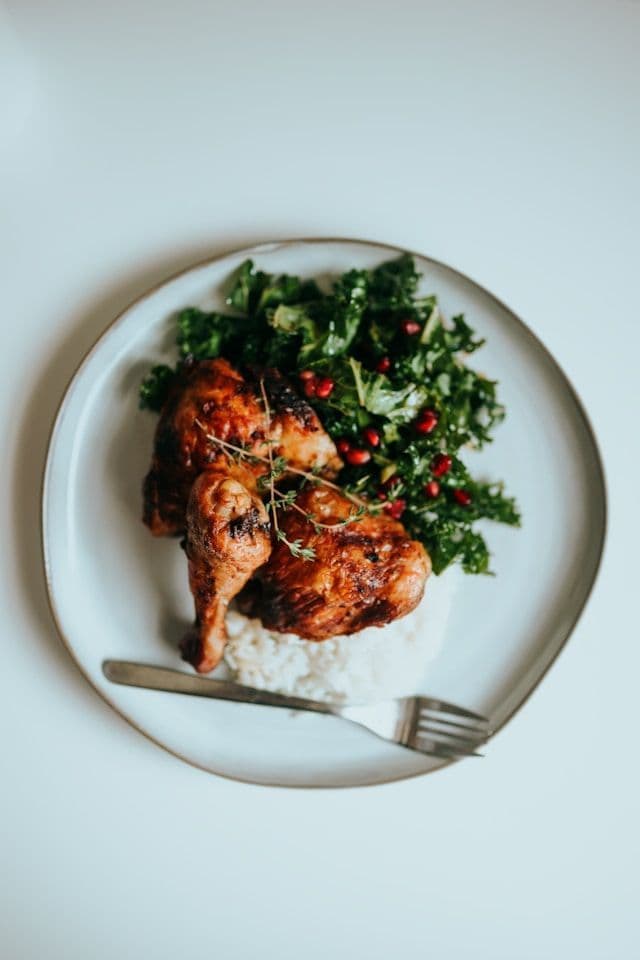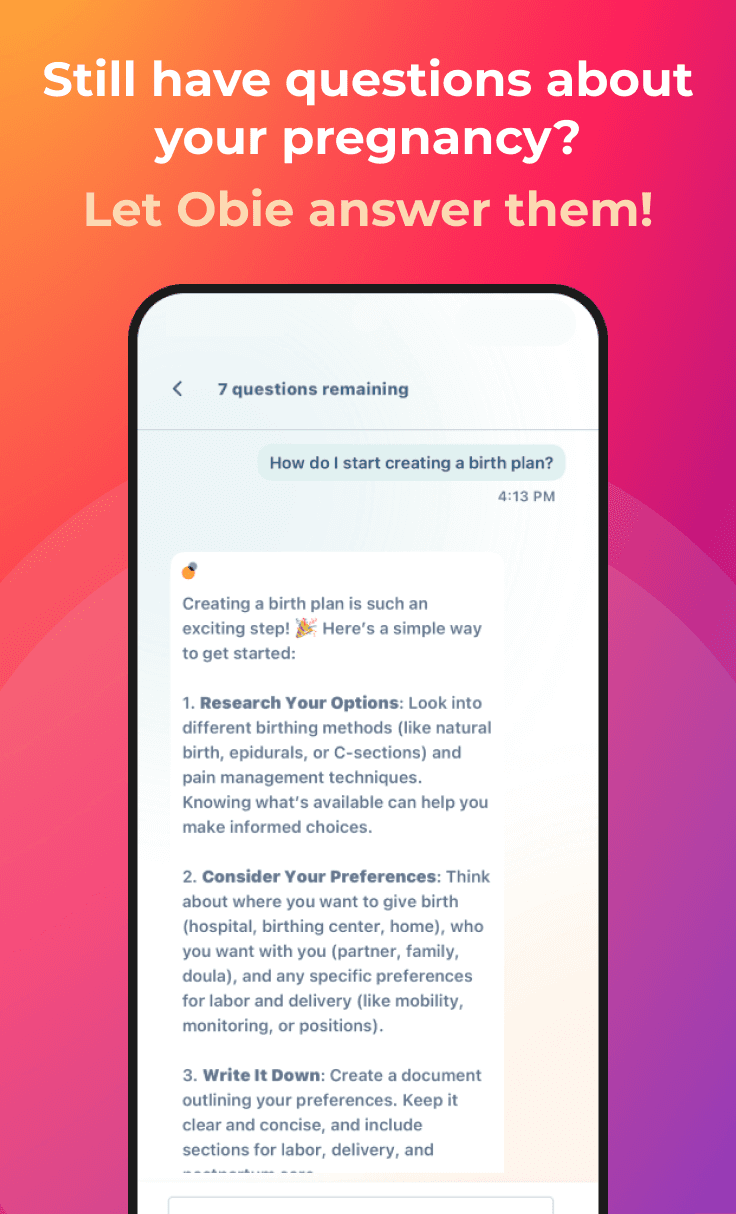Is a Low-Acid Diet the Way To Go During Pregnancy?
Food and Nutrition
Obie Editorial Team

Enthusiasts of the Alkaline Diet encourage incorporating foods rich in alkaline minerals like calcium, magnesium, and potassium. The principle is that these minerals can counterbalance the acidifying effects of foods that are high in acids such as meat and dairy. The recommendation is simple: make 60% of your diet consist of alkaline foods, while 40% can be acidic. Alkaline foods include a variety of fruits, green vegetables, legumes like beans and lentils, spices, herbs, seasonings, seeds, and nuts. On the other hand, acid-forming foods are primarily meats, fish, poultry, eggs, and grains.
Interestingly, there are certain health conditions where a balanced acid diet could prove beneficial. One such condition prevalent in the later stages of pregnancy is gastric reflux. Dr. Jamie Koufman, author of “Dropping Acid: The Reflux Diet Cookbook & Cure,” suggests a low-acid diet to help manage symptoms. High acidity foods like soda, strawberries, and barbeque sauce can exacerbate reflux symptoms. Dr. Koufman’s recommendation involves embracing more alkaline foods such as bananas, broccoli, and oatmeal while reducing your intake of acidic foods to curb symptoms. Initially, restrict fruits to lower acidity options like melons and bananas. Most vegetables are permissible, excluding tomatoes and onions. Whole grains, fish, and skinless poultry also come highly recommended.
Scientific research provides varied insights. Some studies have noted that excessive protein intake can lead to a ketone buildup—a byproduct that can stress your liver and kidneys while also risking dehydration due to higher water demands. Additionally, consuming excess protein may challenge bone health since it requires calcium—for which bones are a significant source—to neutralize its acidity. This might lead to bone depletion over time. These points emphasize the importance of adhering to the daily recommended intake for protein, as avoidance is unnecessary. To put a twist on this, pregnant women, for instance, require around 71 grams of protein each day according to guidelines. If your diet is balanced with an adequate mix of vegetables, grains, and fruits alongside meats, worry not about consuming excess protein.
A key takeaway, irrespective of pH levels, is recognizing that foods high in fat, such as meats, dairy products, caffeine, chocolate, soda, fried foods, alcohol, and mint, are known triggers for reflux. For some, even certain foods like garlic, nuts, cucumbers, and particularly spicy dishes may worsen symptoms. Should you be dealing with gastric reflux, these strategies could be greatly beneficial. For everyone else, remember that consuming minimally processed foods and maintaining a balance by filling half your plate with fruits and vegetables and the other half with lean proteins and whole grains serves to promote a harmonious state of health.
Sources:
NY Times: Low Acid-Diet









